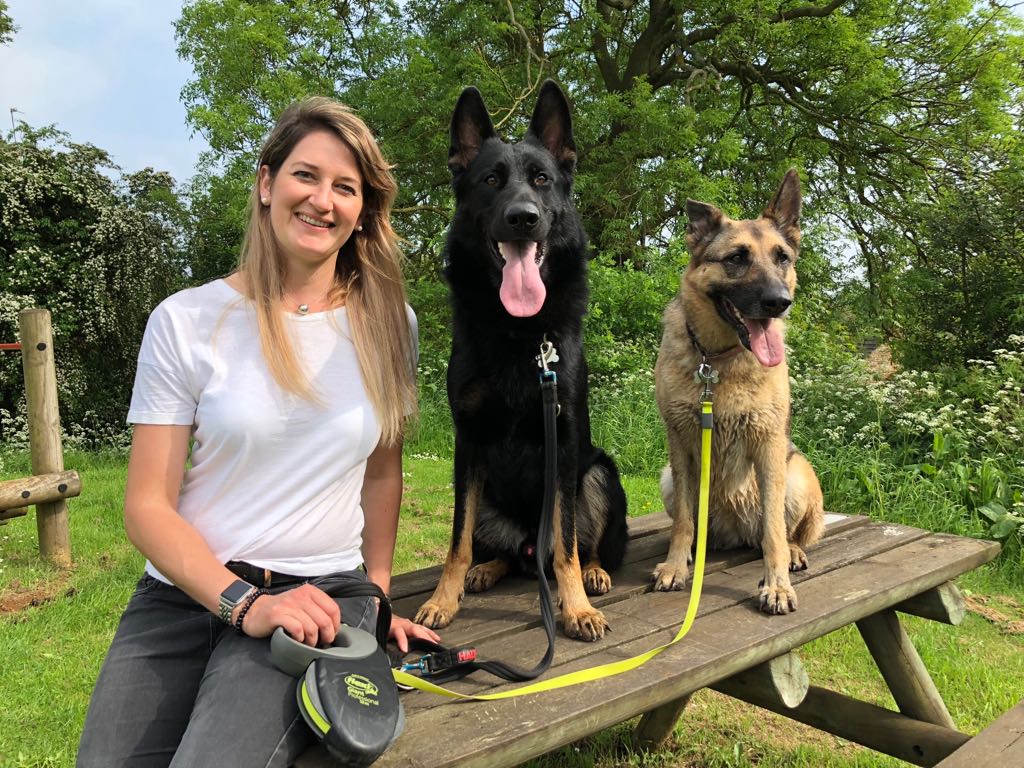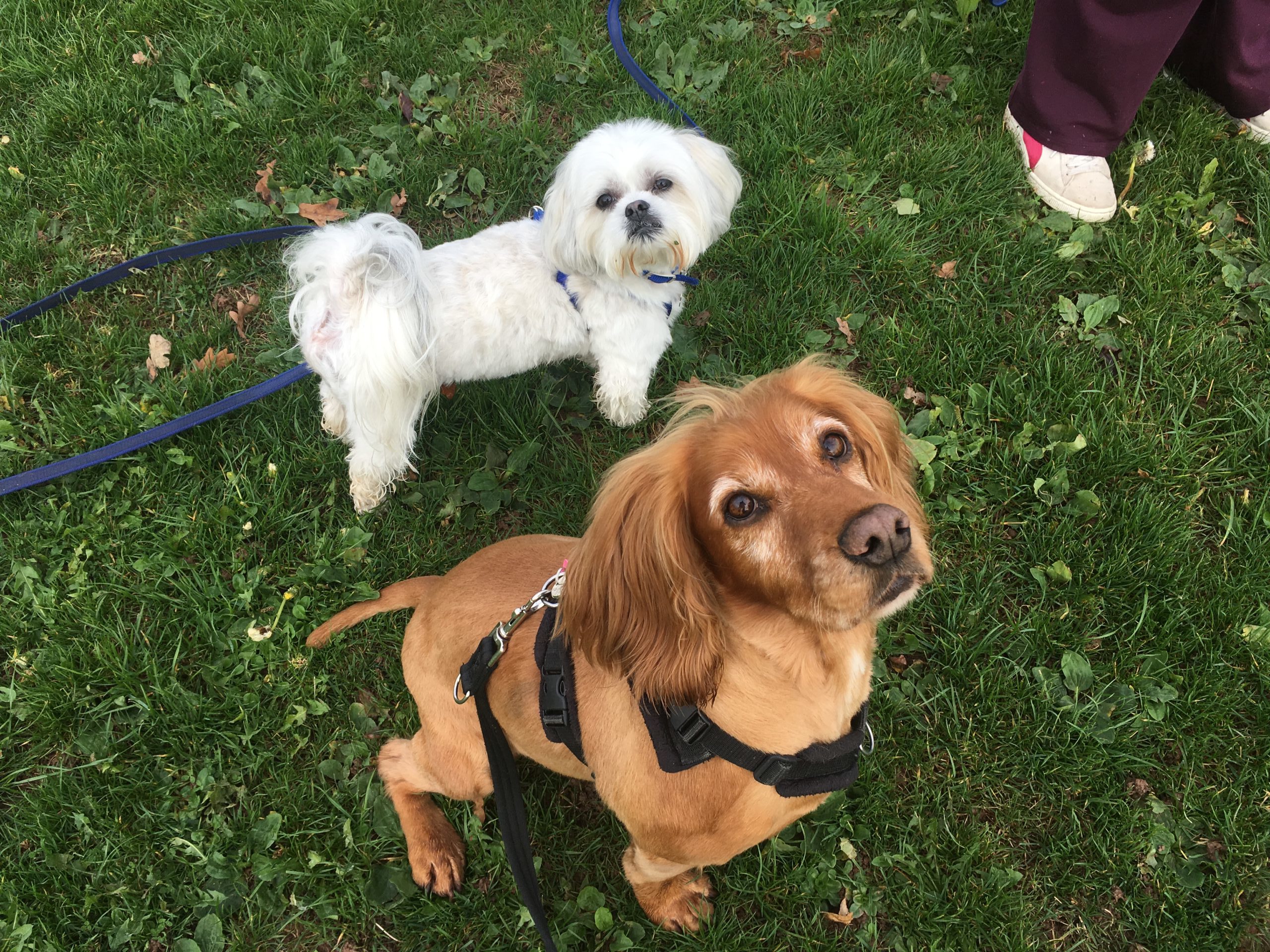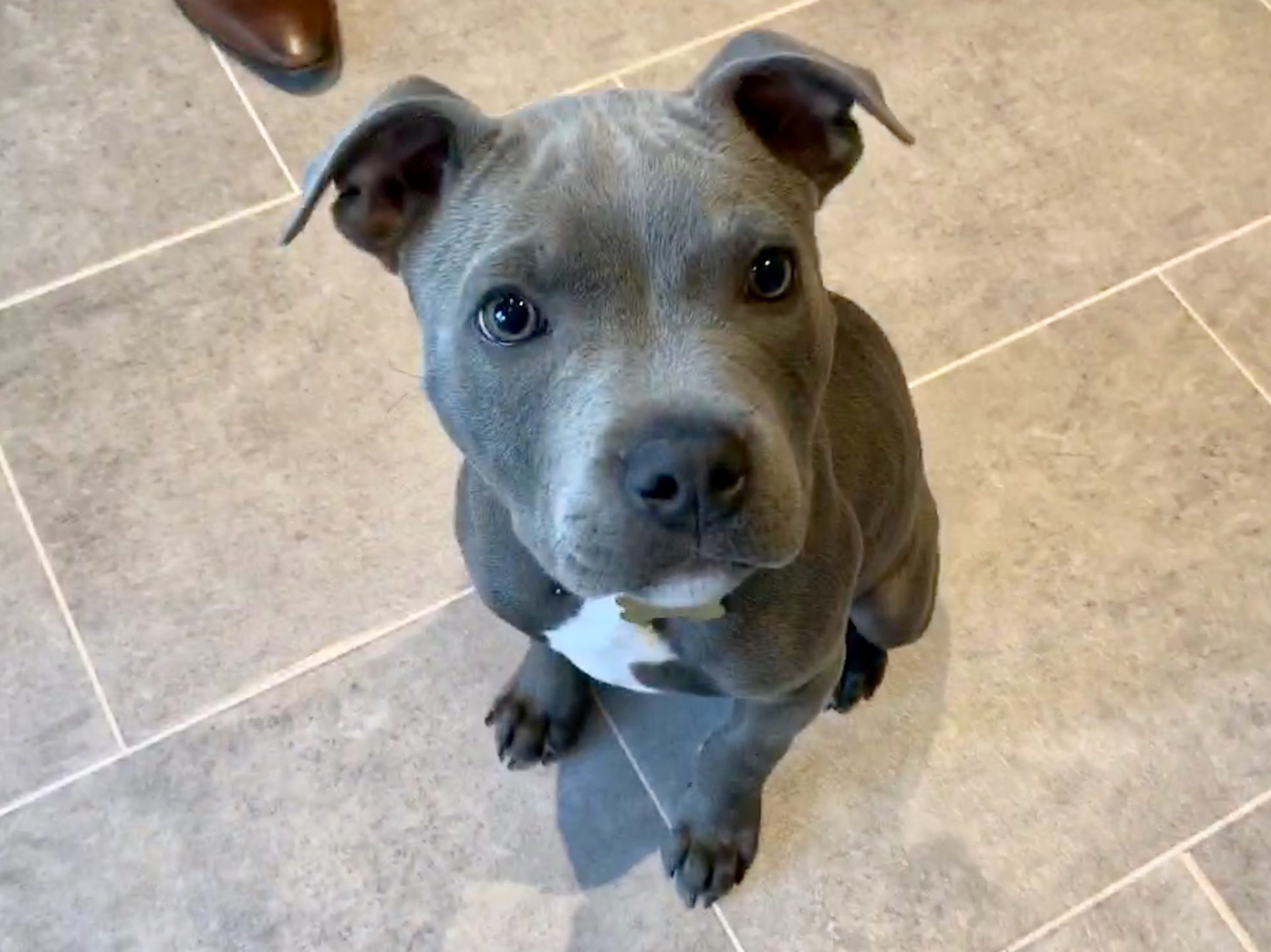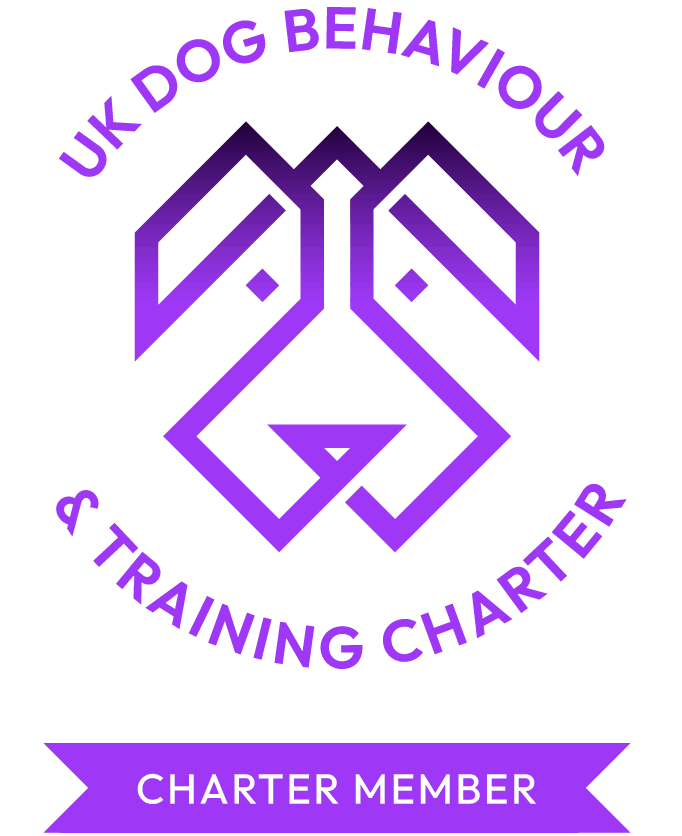Certified Dog Trainers and Behaviourist
Our passionate team of professional dog trainers and behaviourists is dedicated to helping dogs and their owners achieve harmony and understanding.
Join our engaging and rewarding training sessions designed to strengthen the connection between dogs and their human families while imparting essential skills to the dogs.
Our team of certified experts brings years of experience and a deep understanding of canine behaviour to every training session, offering personalised guidance and unique support to meet the specific needs of each
dog and their owner. Our goal is to establish a strong foundation for a lifetime of joy and mutual respect between you and your dog.
At The Confident K9, we believe that every dog deserves the opportunity to thrive , and we are passionate about making that a reality for every dog that comes through our doors.
General Training
Walking Nicely on a Lead
Meeting and Greeting (not jumping up)
Building Confidence
To Come When Called
Ignoring Distractions
To Wait Patiently
To Settle and be Calm
To Tolerate Frustration
Puppy training
Trick training
Problem Behaviours
Anxiety
Dog to dog reactivity
Excessive barking
Destructive behaviour
Nervousness
Phobias/fears
Excessive licking/grooming
Anxiety based aggression
House soiling
Puppy problems
Know the differences:

Dog Trainer
A dog trainer plays a crucial role in teaching and guiding dogs to exhibit good behaviour and obedience. They work with dogs of all ages, from puppies to elderly dogs, and are skilled in addressing a wide range of issues such as pulling on the lead, not coming when called, jumping up, toilet training, manners, socialisation, and building up the dog’s understanding and vocabulary.
Additionally, they educate dog owners on effective training techniques to maintain consistency in the dog’s behaviour.
It is important to note that it’s never too late to train a dog, and well worth booking in with a dog trainer regardless of the dog’s age. With the right approach, improvements in behaviour can be achieved at any stage of a dog’s life.

Dog Behaviourist
The focus of behaviorists are similar to a pet physiologist and they will be able to understand, assess and work on resolving abnormal problem behaviours.
These are things like separation anxiety, reactivity to other dogs, nervousness, over exuberance, resource guarding and aggression. The behaviourist will need to change how the dog ‘feels’ and use specialist behavior modification techniques to change the emotions of the dog. They deeply understand the normal behavior of the dog and spend time counseling owners about the way they interact with their dog and how to help them.
The process generally takes longer than training as changing emotions is a more complex process.

Veterinary Behaviourist
A veterinary behaviourist is a specialist in behaviour medicine for animals and often see the most sever cases. They are usually veterinarians who specialise in behaviour and have gained extra qualifications to address behavioural issues in pets.
They can either provide behaviour modification plans or prescribe medication for dogs whilst a dog is receiving ‘hands on’ help from a behaviourist to help manage and improve a pet’s behaviour at home or with the owner.
Additionally, veterinary behaviourists have the authority to prescribe specialist medication to dogs that may require extra support while undergoing a behaviour modification program.
Disclaimer: The information provided in this blog is for informational purposes only. Read our full Disclaimer.






